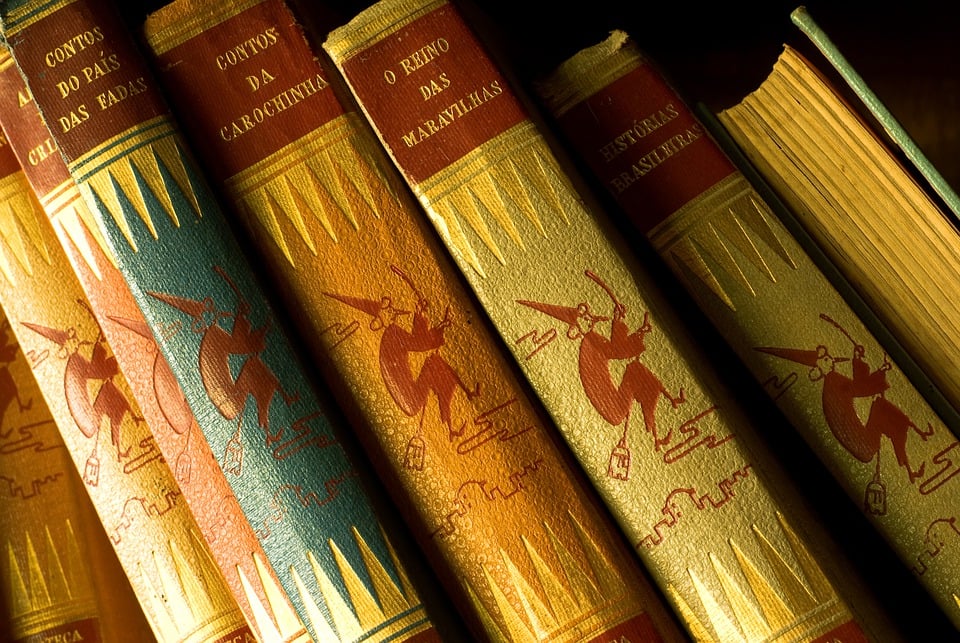Global Feminist Perspectives in Literature: Examining Feminism Across Cultures
Introduction
Feminism has played a crucial role in shaping literature around the world. From the suffragette movement in the early 20th century to modern-day intersectional feminism, women writers have been at the forefront of challenging societal norms and advocating for gender equality. In this article, we will explore global feminist perspectives in literature and how feminism has been manifested in different cultures.
Western Feminism in Literature
Western feminist literature has a long history dating back to the 18th century when Mary Wollstonecraft wrote “A Vindication of the Rights of Woman,” advocating for women’s education and rights. In the 19th and 20th centuries, writers such as Virginia Woolf, Simone de Beauvoir, and Betty Friedan further developed feminist theory and literature, addressing issues of patriarchy, gender inequality, and women’s rights.
One of the most influential feminist texts of the 20th century is “The Second Sex” by French writer Simone de Beauvoir. In this groundbreaking work, de Beauvoir explores the concept of “woman” as “the other” in relation to men, questioning the traditional gender roles and society’s treatment of women. Her work laid the foundation for the second wave of feminism in the 1960s and 1970s, inspiring women around the world to fight for their rights.
Intersectional Feminism in Literature
Intersectional feminism, a term coined by legal scholar Kimberlé Crenshaw in the late 1980s, acknowledges that women’s experiences are shaped by multiple intersecting identities such as race, class, sexuality, and disability. This perspective has been increasingly incorporated into feminist literature, highlighting the diverse experiences of women from different backgrounds.
In recent years, writers like Chimamanda Ngozi Adichie, Audre Lorde, and bell hooks have contributed to intersectional feminist literature, addressing the complexities of identity and privilege. Adichie’s novel “Half of a Yellow Sun” explores the lives of women during the Nigerian Civil War, showcasing the struggles faced by women of different social classes and ethnicities. Lorde’s poetry and essays examine the intersections of race, gender, and sexuality, emphasizing the importance of solidarity among marginalized communities.
Global Feminism in Literature
Global feminist literature encompasses a diverse range of voices from around the world, challenging the limitations of Western feminism and highlighting the unique experiences of women in different cultures. Writers like Nawal El Saadawi from Egypt, Arundhati Roy from India, and Tsitsi Dangarembga from Zimbabwe have brought attention to issues such as female genital mutilation, caste discrimination, and post-colonialism through their works.
El Saadawi’s novel “Woman at Point Zero” explores the systemic oppression faced by women in Egypt, offering a powerful critique of patriarchal norms and societal expectations. Roy’s novel “The God of Small Things” delves into the intersecting themes of gender, caste, and forbidden love in Kerala, India, shedding light on the complexities of identity in a post-colonial society. Dangarembga’s novel “Nervous Conditions” examines the impact of colonialism on women’s education and empowerment in Zimbabwe, highlighting the legacy of settler colonialism on indigenous populations.
Challenges and Future Directions
While feminist literature has made significant strides in addressing gender inequality and advocating for women’s rights, there are still challenges ahead in terms of representation and inclusivity. Many feminist texts are still dominated by Western voices, which can marginalize the experiences of women from non-Western cultures. In addition, issues of translation and accessibility can hinder the global dissemination of feminist literature.
Moving forward, it is essential for feminist writers and scholars to continue to amplify the voices of women from diverse backgrounds and challenge dominant narratives of gender and power. By embracing intersectional feminism and promoting global solidarity, we can create a more inclusive and equitable world for all women.
In conclusion, global feminist perspectives in literature offer a rich tapestry of voices and experiences that challenge traditional gender norms and advocate for social justice. From Western feminist theory to intersectional perspectives and global narratives, feminist literature continues to push boundaries and inspire change. By examining feminism across cultures, we can better understand the complexities of gender inequality and work towards a more just and inclusive society.
